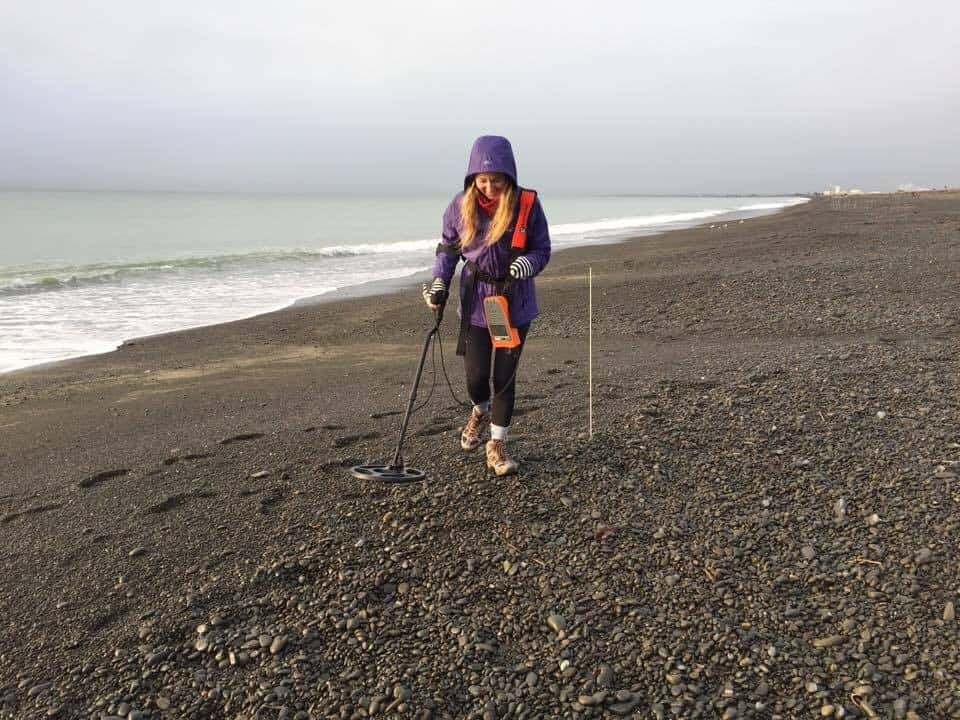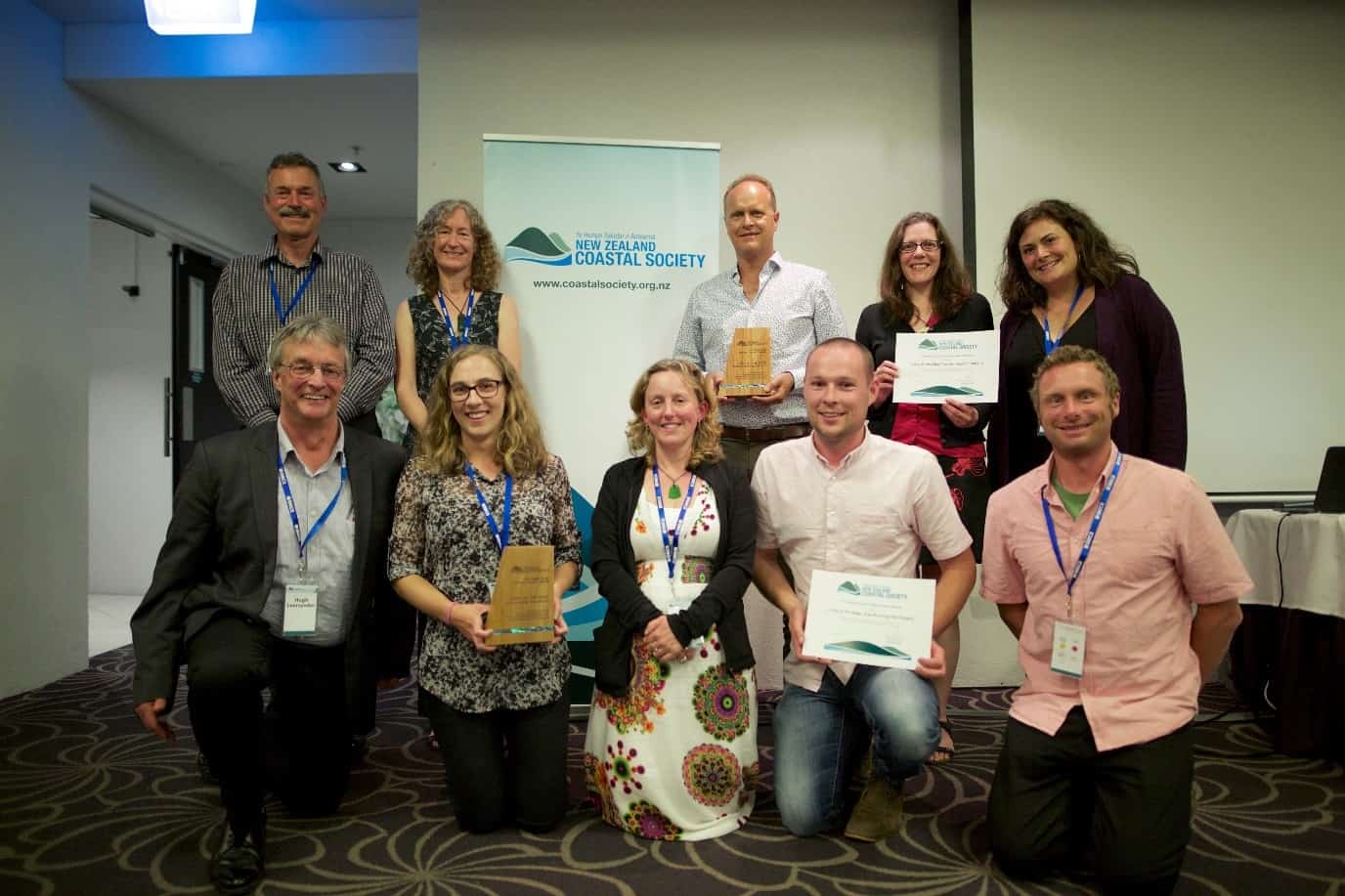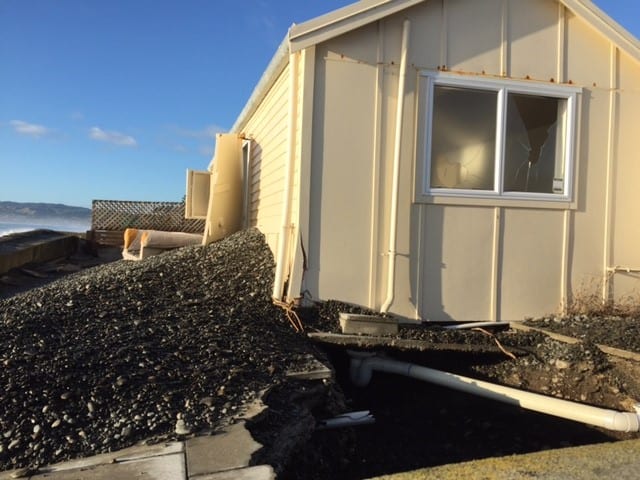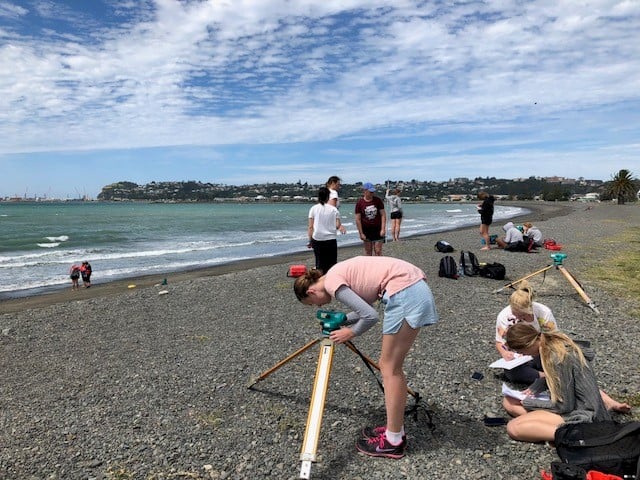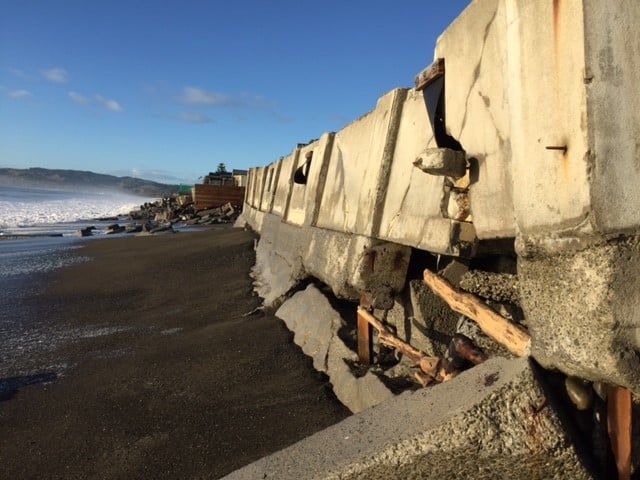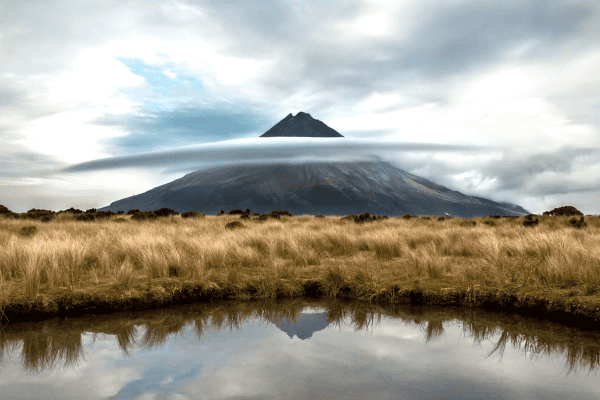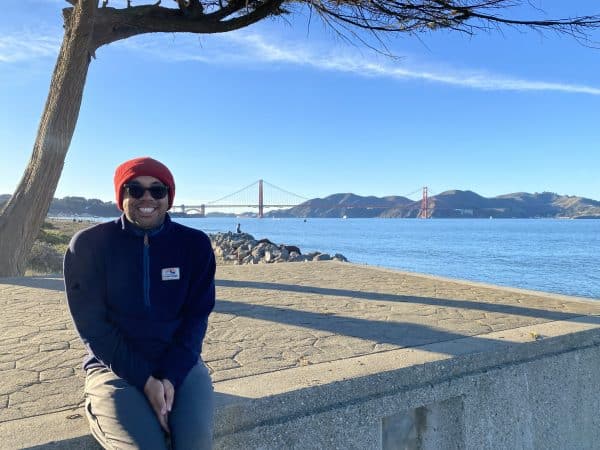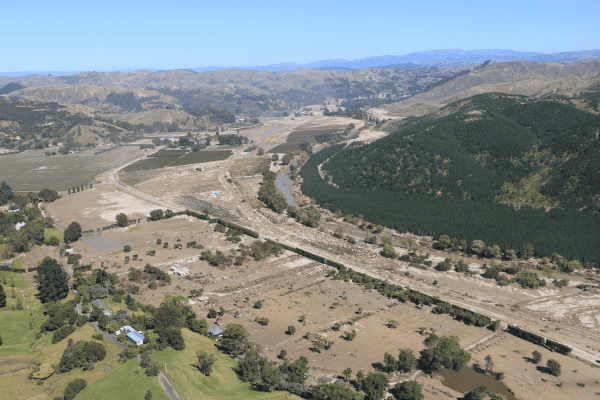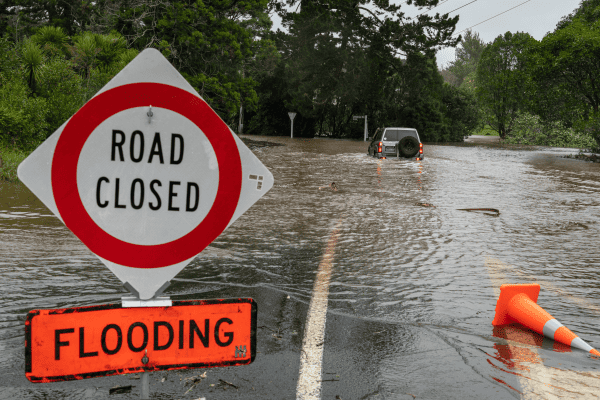Living at the edge
13/06/2018
By Emma Ryan
In November of 2017, the Edge project was awarded the inaugural Terry Healy Coastal Project Award from the New Zealand Coastal Society. This award is intended to commend a coastal project in New Zealand for its overall commitment to excellence working within the coastal zone. Edge researchers were honoured to receive the award at the New Zealand Coastal Society’s 25thAnnual Conference in Tauranga. This article describes the research activities behind the award that have been ongoing within the Edge project between June 2016 and April 2017.
These research activities have included: adapting and applying the Dynamic Adaptive Policy Pathways (DAPP) approach in a coastal context in New Zealand through anexisting coastal management initiative in Hawke’s Bay; critically reviewingmanaged retreatas a coastal adaptation option for New Zealand communities; exploring community values, perspectives and attitudes concerning coastal hazards through asurvey of the Hawke’s Bay public; advancing knowledge about coastal processes through numerical modelling and field-based studies.
Collectively, these research activities have:
1. Improved knowledge of coastal processes that impact coastal hazards in the region;
2. Fostered a wider understanding of coastal hazards and risk to develop decision-making tools and practical and resilient pathways;
3. Demonstrated best practice stakeholder engagement with communities vulnerable to natural coastal hazards.
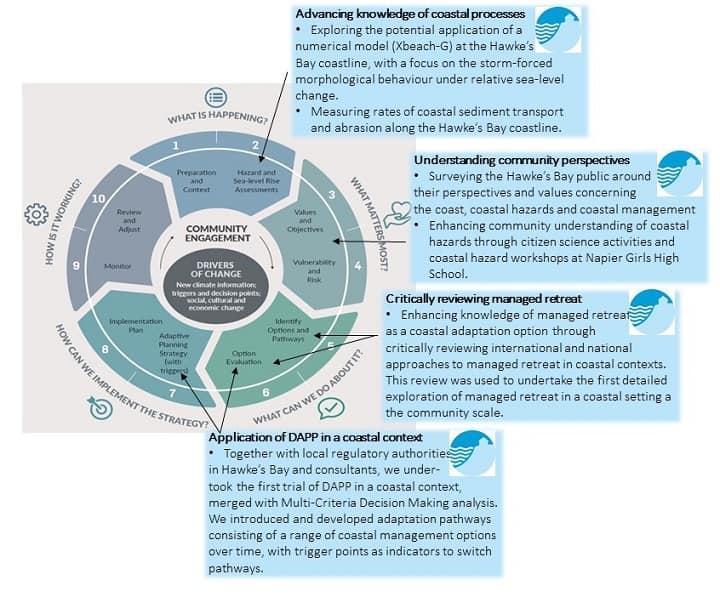
The focus on Hawke’s Bay
Hawke’s Bay is one of New Zealand’s hotspots for coastal hazards and is facing increasing risk exposure from climate change, and as a result the region was selected as the initial case study location for the Edge research. This provided a unique opportunity to align the Edge research with ongoing development of theClifton to Tangoio Coastal Hazards Strategy 2120,a collaborative initiative designed to address management of long-term (100-year) and evolving coastal hazard risk. The Strategy is jointly led by Hawke’s Bay Regional Council, Napier City Council and Hastings District Council, together with Māori and local community representatives. The Edge research activities were carried out alongside the Strategy to support its development and can be viewed as contributing to different aspects of the 10-step decision cycle presented in the newly revised Ministry for the Environment (MfE)Coastal Hazards and Climate Change: Guidance for Local Government 2017.
Contributing to coastal resilience
Findings from the Edge research, including the lessons learned about co-creation of resilience research, are currently being written up and will be made available in international scientific journals over the next year. The Edge project is a unique example in New Zealand of researchers becoming embedded in an existing local government decision-making process and this will yield interesting and informative insights that will not only inform best-practice coastal management in New Zealand, but be of relevance to resilience research and initiatives in general.
